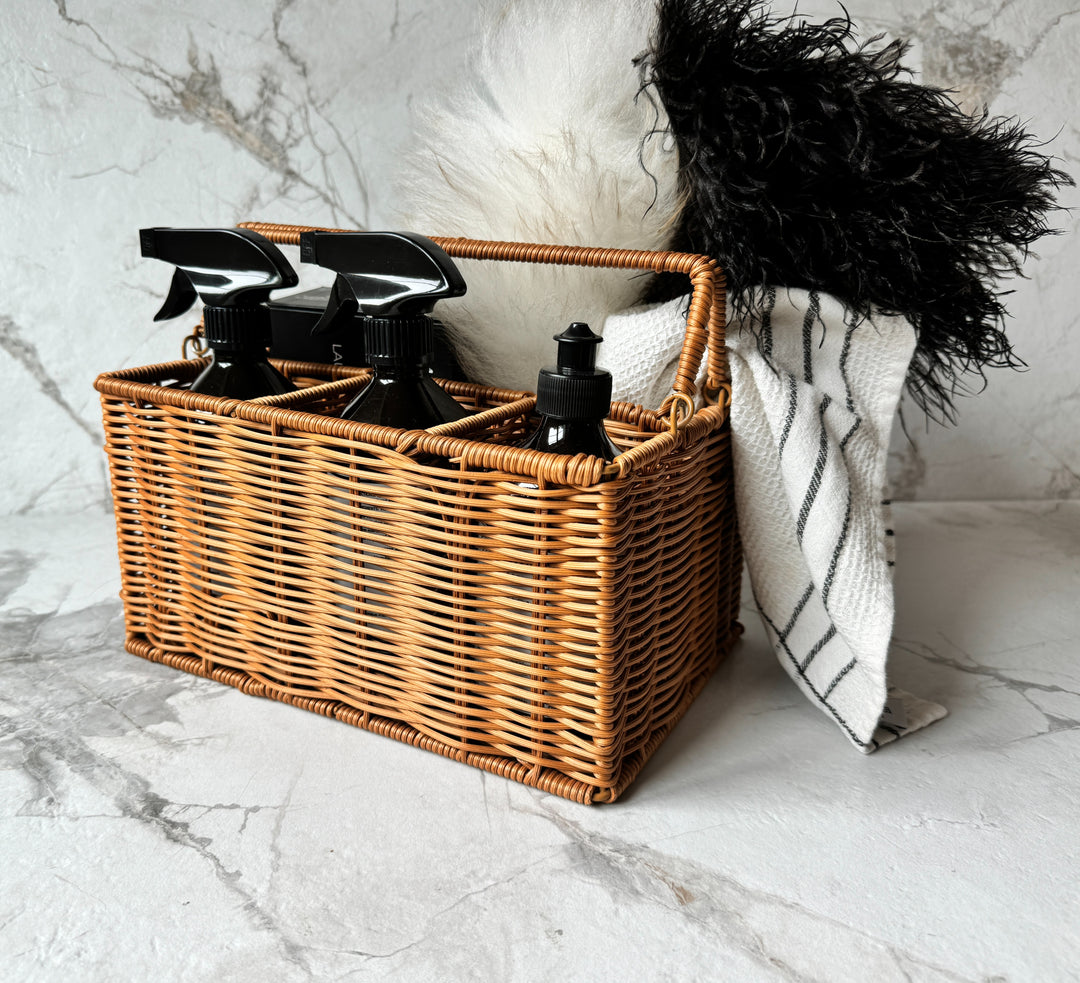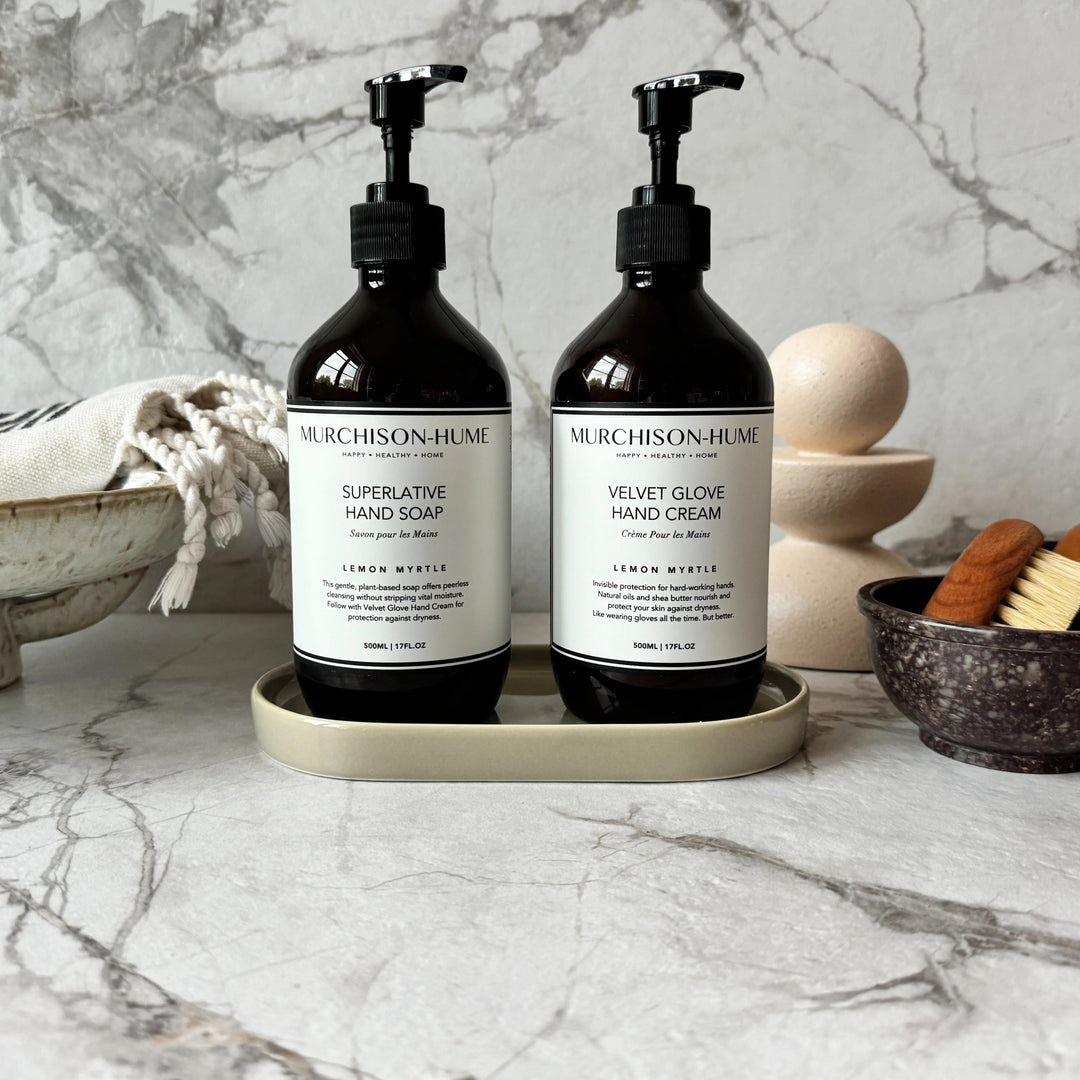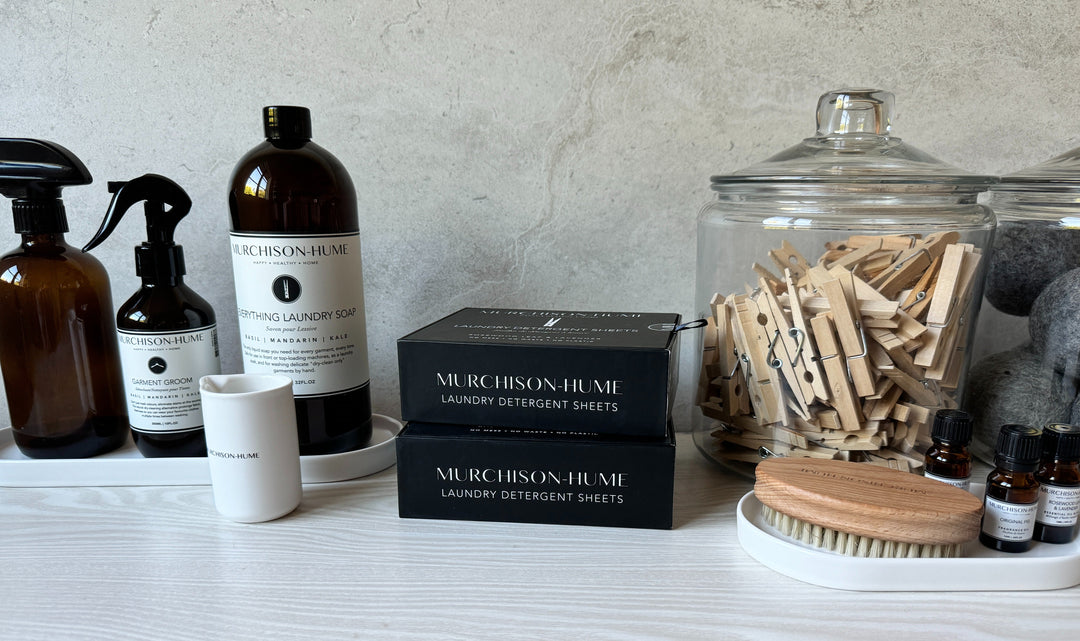We’ve all spent the last few years wiping, washing, and sanitizing every surface within reach. And while it can be easy to think that more is better—more cleaning, more chemicals, more products—know that you might be doing more harm than good. In our quest to make cleaning, well, clean again, we nixed any toxic chemicals like ammonia, bleach, and formaldehyde in our products not just because they’re deadly in even small concentrations, but also because mixing them can create noxious fumes that may be poisonous.
First things first: Pick one household cleaner at a time per surface to avoid mixing chemicals. In fact, we formulated our All-Purpose Cleaner to work on nearly every surface in your home to cut cleaning time in half—and also prevent anyone from mixing chemicals that don’t go together. Here are four common cleaning items that you should never, ever mix.
Bleach + Vinegar
Vinegar is often touted as an all-natural alternative to traditional cleaning products; but know that vinegar is an acid, so it's easy to underestimate its potential for toxicity. When you mix vinegar with bleach, it produces a toxic chlorine gas that’s similar to tear gas. (Yes, that kind of tear gas.) You shouldn’t suffer from itchy, watery eyes, breathing problems, or lung damage just to clean the bathroom.
Bleach + Ammonia
If anything’s dirty enough to make you think it needs bleach and ammonia to get it clean, throw it out. Bleach and ammonia produce a toxic gas called chloramine, which causes shortness of breath, coughing, and chest pains. In some quantities, the gas could be deadly. Be sure to read the label: This harmful combination often occurs by accident because many cleaning products contain ammonia.
Bleach + Rubbing Alcohol
Bleach is especially toxic and should not be mixed with anything other than water, but when you mix bleach and rubbing alcohol, you create chloroform—the same chemical that you’ve seen bad guys in movies use to knock their victims unconscious. Even more, it’s suspected to cause cancer. No matter the concentration of your rubbing alcohol, don’t mix it with bleach.
Hydrogen Peroxide + Vinegar
You may have heard that spraying your countertops with alternating mists of hydrogen peroxide and vinegar (wiping down the surface between sprays) leads to a clean kitchen, but the two products shouldn't live in the same container. This causes a chemical reaction that makes peracetic acid, which is highly corrosive to skin, nails, eyes, and our insides—not a risk anyone should be willing to take when there are loads of safe alternatives.
Baking Soda + Vinegar
Along with a touch of dish soap, these two ingredients are responsible for those middle school science fair volcano explosions. While mixing baking soda with vinegar is not inherently dangerous, mixing them in a sealed container or spray bottle can cause a small explosion as the carbon dioxide tries to escape, not unlike when you shake a seltzer can and open it.
We’ve been taught that germs are the enemy and must be killed at all costs—but that shouldn’t be at the expense of our health. Shop our safe, bleach- and ammonia-free cleaners here.
xx LC







